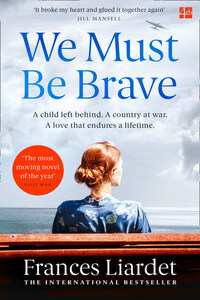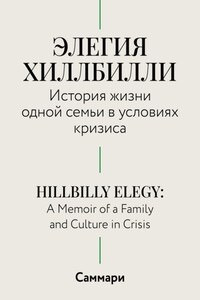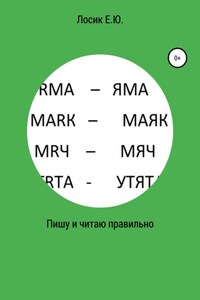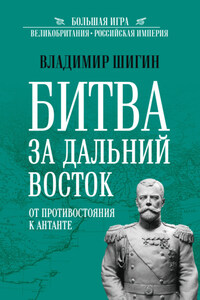4th Estate
An imprint of HarperCollinsPublishers
1 London Bridge Street
London SE1 9GF
www.4thEstate.co.uk
This eBook first published in Great Britain by 4th Estate in 2019
Copyright © Frances Liardet 2019
Cover design by Heike Schüssler
Frances Liardet asserts the moral right to be identified as the author of this work
A catalogue record for this book is available from the British Library
All rights reserved under International and Pan-American Copyright Conventions. By payment of the required fees, you have been granted the non-exclusive, non-transferable right to access and read the text of this e-book on-screen. No part of this text may be reproduced, transmitted, down-loaded, decompiled, reverse engineered, or stored in or introduced into any information storage and retrieval system, in any form or by any means, whether electronic or mechanical, now known or hereinafter invented, without the express written permission of HarperCollins
Source ISBN: 9780008280130
Ebook Edition © February 2018 ISBN: 9780008280161
Version: 2019-01-08
Unlike the village of Upton in Hampshire, the Upton of We Must Be Brave is an imaginary place, as is the town of Waltham – and, for that matter, the hamlet of Barrow End. Southampton, of course, is real, as are its well-documented sufferings during the Second World War. While the global events described in the book are factual, the people described in the novel, and their joys and tribulations, are works of fiction.
SHE WAS FAST ASLEEP on the back seat of the bus. Curled up, thumb in mouth. Four, maybe five years old.
I turned round. The last few passengers were shuffling away from me down the aisle to the doors. ‘Whose is this child?’ I called.
Nobody looked back. Perhaps the bombing had deafened them. Or maybe they simply didn’t want to hear.
‘Please. Someone’s left a child!’
But they were gone, making their way down the steps and joining the line of people straggling towards the village hall.
It was lucky I was there, checking every bus. Otherwise this small girl might have gone all the way back to Southampton. Everybody knew the city was still on fire. We’d seen the smoke from Beacon Hill.
She hadn’t stirred, in spite of my calling. She lay senseless, a gossamer net of light-brown hair clinging to her forehead. Her puff-sleeved dress was a dusty mid-blue, the colour of the endpapers in the board books of my childhood. No coat or cardigan, despite it being the first day of December. Just a grimy white blanket tangled round her legs, the kind mothers wrapped their babies in, a special knit honeycombed with little holes.
I shook her small round shoulder. ‘Wake up, little one. Wake up.’
Her thumb fell out of her mouth, but she didn’t open her eyes. I stroked back her hair. Her skin was warm and slightly damp. Her tongue was ticking against the roof of her mouth. Thumb or no thumb, she was still sucking.
Suppose she started crying when I woke her? I had no great experience of tearful children. Perhaps I should simply carry her into the village hall, and never mind if she was asleep. I took off my new brooch, a silver bar with a pearl, and put it in my pocket. I didn’t want it to scrape the child’s face.
I slid my hands against her hot sides, into her hotter armpits, and pulled her towards me. She was amazingly solid, made of denser stuff than the rest of the world. I got one arm round her back and the other under her bottom, and hoisted her up. Her head rocked back as far as it could go, forward again to bump against my collarbone. Then her whole body gave a series of jerks, as if a faulty electrical current was running through her. Perhaps she’d been hit on the head during the air raid. I should get her to the doctor.
The dirty blanket fell down over my feet and I kicked it away and walked with a strange swinging tread down the aisle of the bus. You had to walk this way, I realised, with a child in your arms. There was a powerful odour of Jeyes Fluid in the bus but she smelled warm, salty, of new-baked bread.
Deirdre Harper came out of the village hall, forearms red to the elbow and dripping suds.
‘Deirdre, is anyone missing a girl?’
She wiped her hands on her apron and delved in the pocket to produce a single wrinkled cigarette. ‘You’re having me on, Mrs Parr. Now I’ve seen it all. They can’t even remember their own kiddies.’
‘I’m sure it’s not like that. Everyone’s in shock …’








